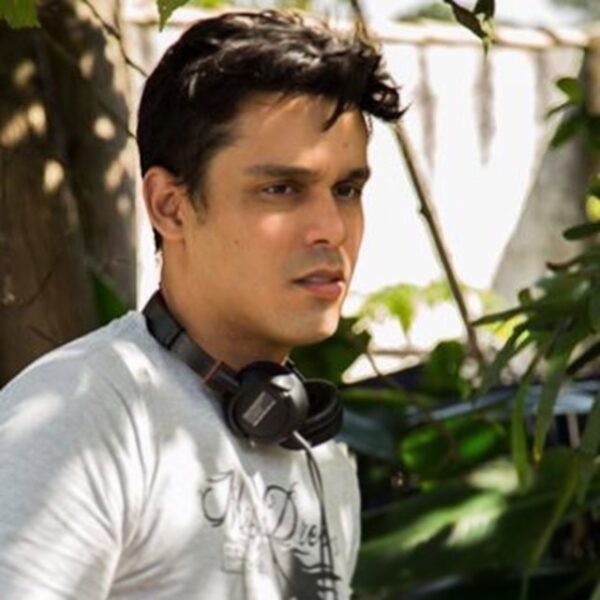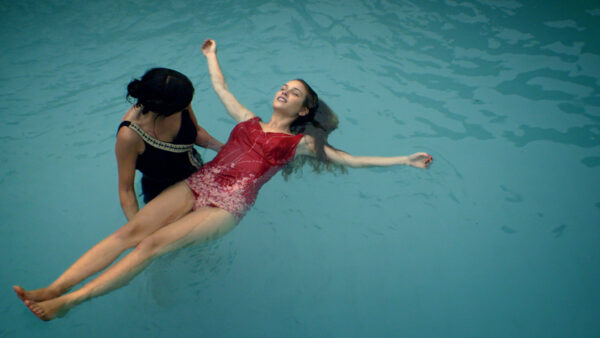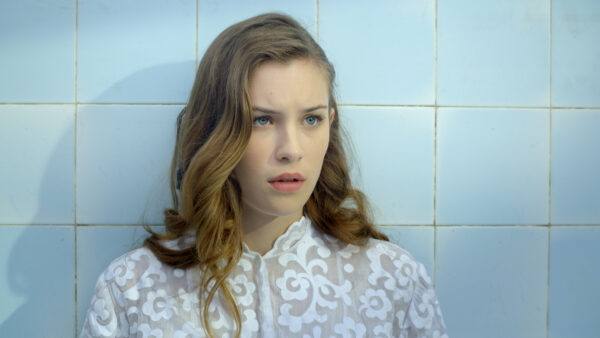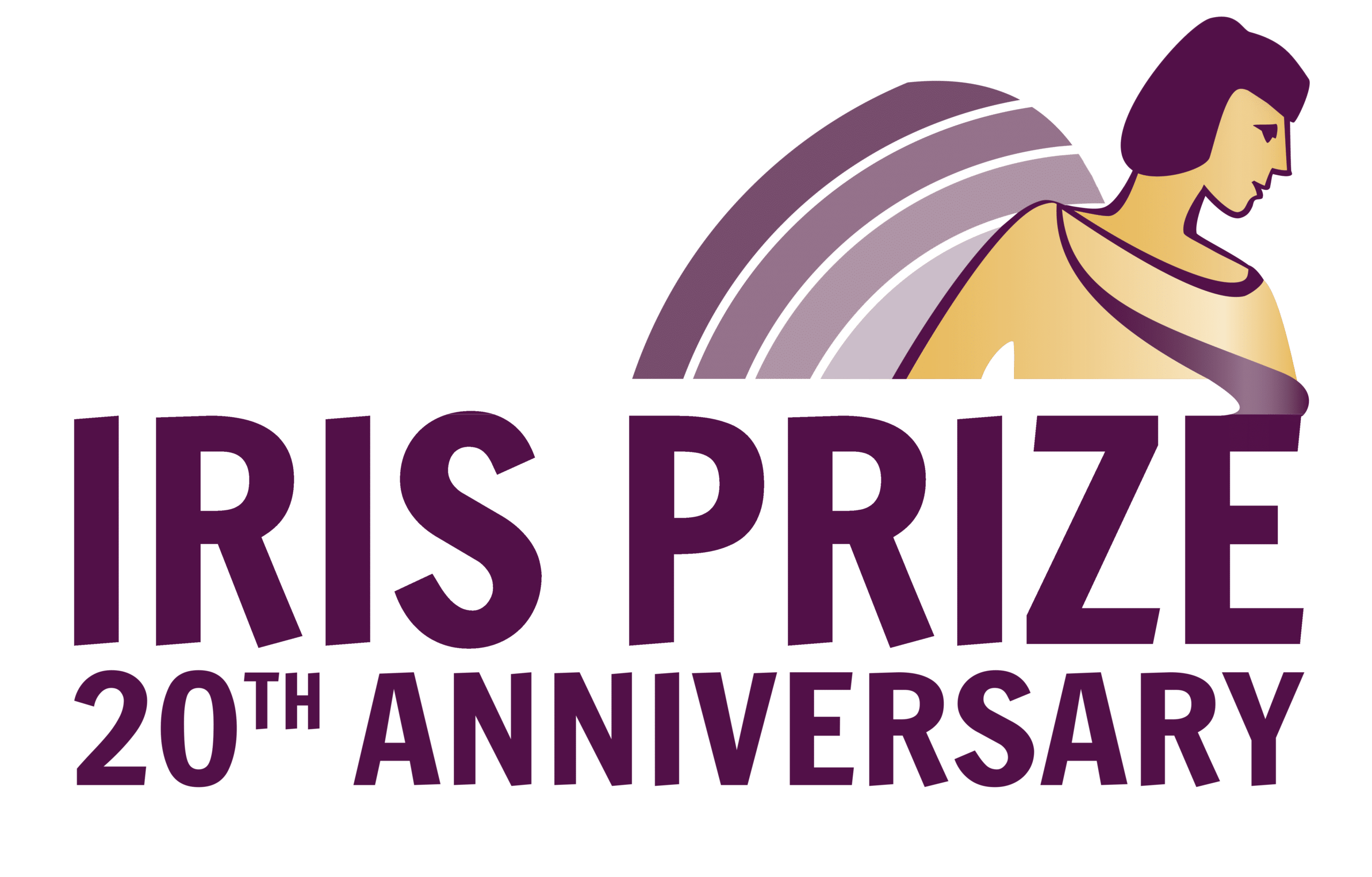 You've said that you made 'Pool' because the homosexual victims of the Holocaust aren't remembered as much as they should be. I would say that is truer for the lesbian victims. So what made you decide on a lesbian story rather than a gay one?
Actually, all my short films have female characters as protagonists. When I started with ‘Pool’, I wrote female roles just by instinct and at the end, I realized there wasn't a single male character. To be honest, I am not interested in men’s stories. As a gay person, I believe I have never belonged to a "man’s universe", and I don’t feel connected enough to write about men. And yes, it's rare to find material about lesbians in concentration camps, but it happened and we should talk about it more.
You have used colour and saturation to depict emotions in the film. What are the cinematic devices you are most fond of?
My film production company is called Cinema Transgenero (trans-genre cinema) because I really like to mix languages, aesthetics, genres, and cinematic devices in my narratives. In my first short, I have mixed 16mm, digital and cell phone images. My next project is a documentary film made with footage recorded from a computer screen.
You've said that you made 'Pool' because the homosexual victims of the Holocaust aren't remembered as much as they should be. I would say that is truer for the lesbian victims. So what made you decide on a lesbian story rather than a gay one?
Actually, all my short films have female characters as protagonists. When I started with ‘Pool’, I wrote female roles just by instinct and at the end, I realized there wasn't a single male character. To be honest, I am not interested in men’s stories. As a gay person, I believe I have never belonged to a "man’s universe", and I don’t feel connected enough to write about men. And yes, it's rare to find material about lesbians in concentration camps, but it happened and we should talk about it more.
You have used colour and saturation to depict emotions in the film. What are the cinematic devices you are most fond of?
My film production company is called Cinema Transgenero (trans-genre cinema) because I really like to mix languages, aesthetics, genres, and cinematic devices in my narratives. In my first short, I have mixed 16mm, digital and cell phone images. My next project is a documentary film made with footage recorded from a computer screen.
 You have been sponsored to research and develop a documentary about homophobia in Brazil and Germany, which will be the 2nd part of the 'Pool' project. Could you tell me a bit about this documentary and your ideas for it?
Yes, I received the German Chancellor Fellowship for Prospective Leaders from Alexander von Humboldt Foundation. And I have developed two documentary short films: ‘The world is round so that nobody can hide in corners’ Part I: Refuge and Part II: The Kiss. The film follows the journey of a gay African refugee seeking asylum in Germany, and its parallels with the Nazi period when gay people had to flee Germany for the same reason.
Do you have a favourite LGBT+ film that has impacted you deeply?
‘All about my mother’, by Pedro Almodovar.
You have been sponsored to research and develop a documentary about homophobia in Brazil and Germany, which will be the 2nd part of the 'Pool' project. Could you tell me a bit about this documentary and your ideas for it?
Yes, I received the German Chancellor Fellowship for Prospective Leaders from Alexander von Humboldt Foundation. And I have developed two documentary short films: ‘The world is round so that nobody can hide in corners’ Part I: Refuge and Part II: The Kiss. The film follows the journey of a gay African refugee seeking asylum in Germany, and its parallels with the Nazi period when gay people had to flee Germany for the same reason.
Do you have a favourite LGBT+ film that has impacted you deeply?
‘All about my mother’, by Pedro Almodovar.
 Do you think there is a need for LGBT+ film festivals?
Well, LGBTQ+ film festivals are more necessary than ever. We, as a global community, have a lot to share and teach the world. We have created a culture that includes people from all over the world, and this makes us more powerful than ever. Despite the rise in conservative thinking, we are the future of humanity and there is no turning back.
Will this be your first time visiting Cardiff? What are you most excited about?
I am very excited and honoured to be part of Iris Prize 2017. And yes, it will be my first time in Cardiff and in the UK. I might fall in love with someone just because of the accent.
Do you think there is a need for LGBT+ film festivals?
Well, LGBTQ+ film festivals are more necessary than ever. We, as a global community, have a lot to share and teach the world. We have created a culture that includes people from all over the world, and this makes us more powerful than ever. Despite the rise in conservative thinking, we are the future of humanity and there is no turning back.
Will this be your first time visiting Cardiff? What are you most excited about?
I am very excited and honoured to be part of Iris Prize 2017. And yes, it will be my first time in Cardiff and in the UK. I might fall in love with someone just because of the accent.
https://www.youtube.com/watch?v=I1gY632U0Ls
Pool will be showing as part of the Iris Prize Shorts Programme 1.
